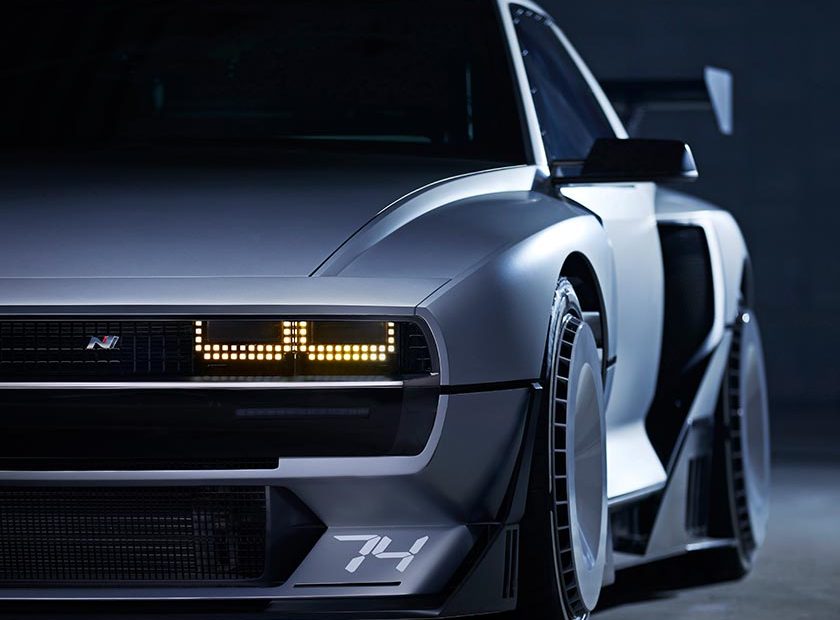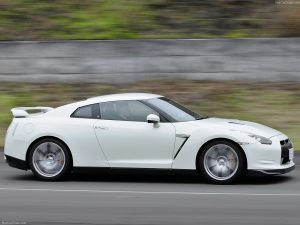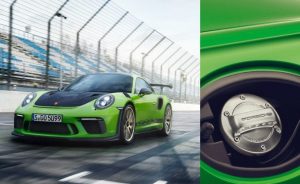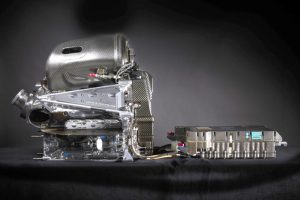Warning the following statement may make you feel old. At least if you qualify as a millennial that is. The year is 2008 and Nissan just announced the launch of the new and now legendary R35 GT-R platform. Porsche had also released the same year its latest iteration of the 911 the mind-boggling 911 GT2.
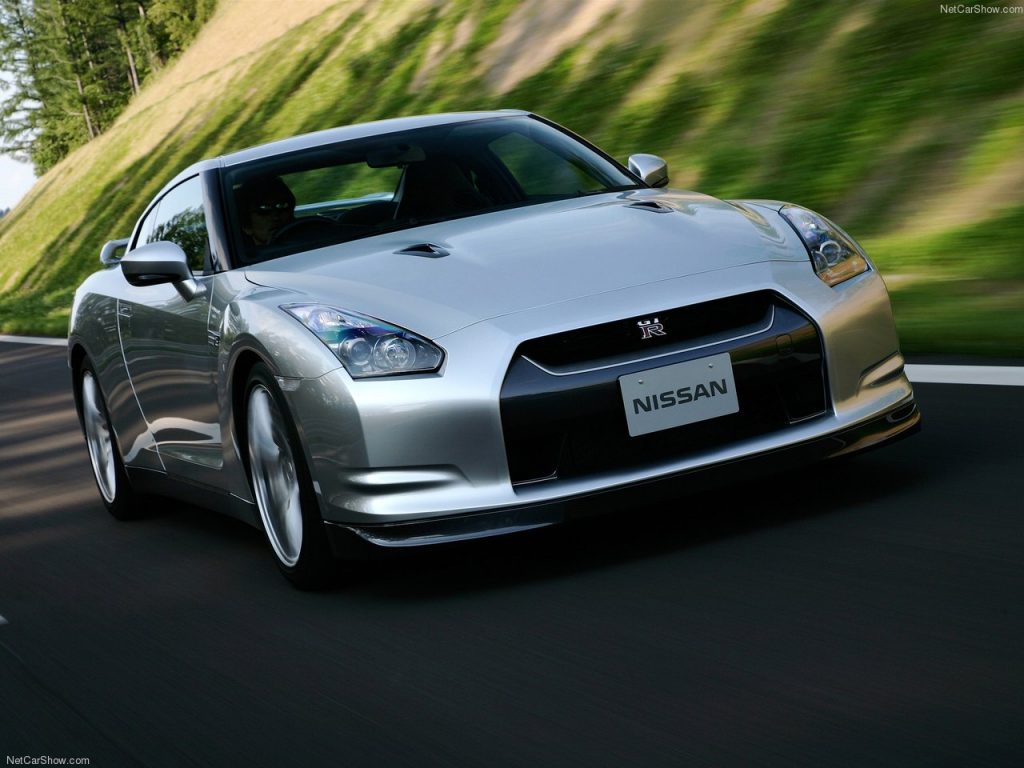
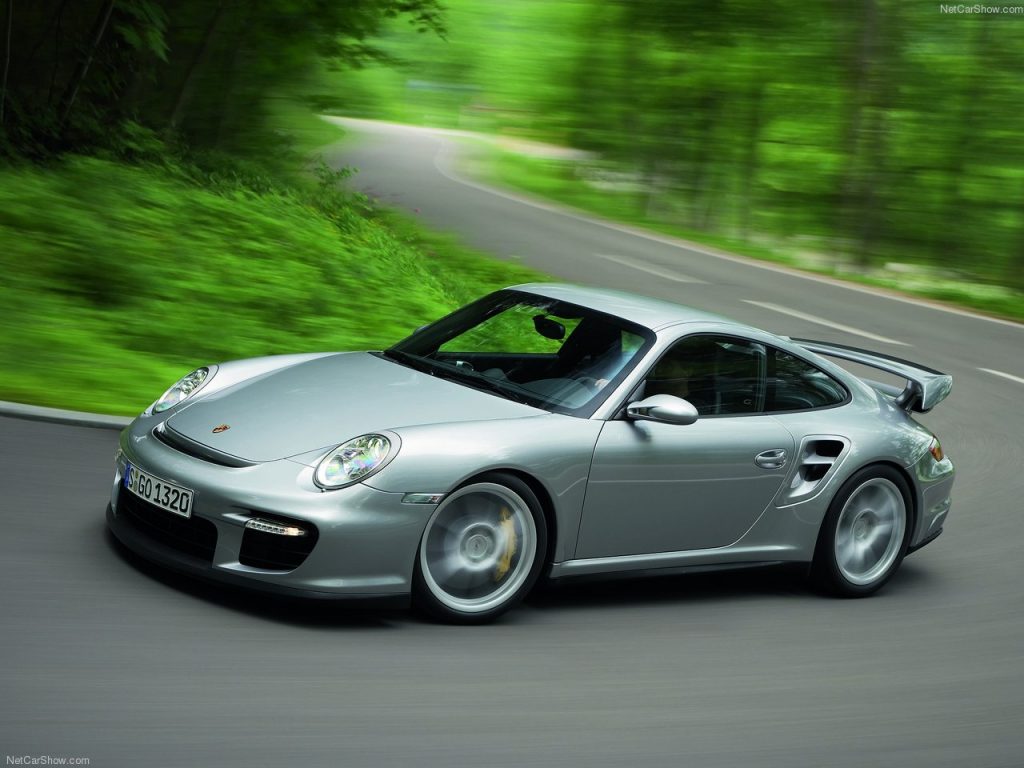
Whereas in the land of pushrod v8 engines and leaf springs. A small company in California called Tesla. If you ever heard of it, released their first Electric car, a two-door sports car
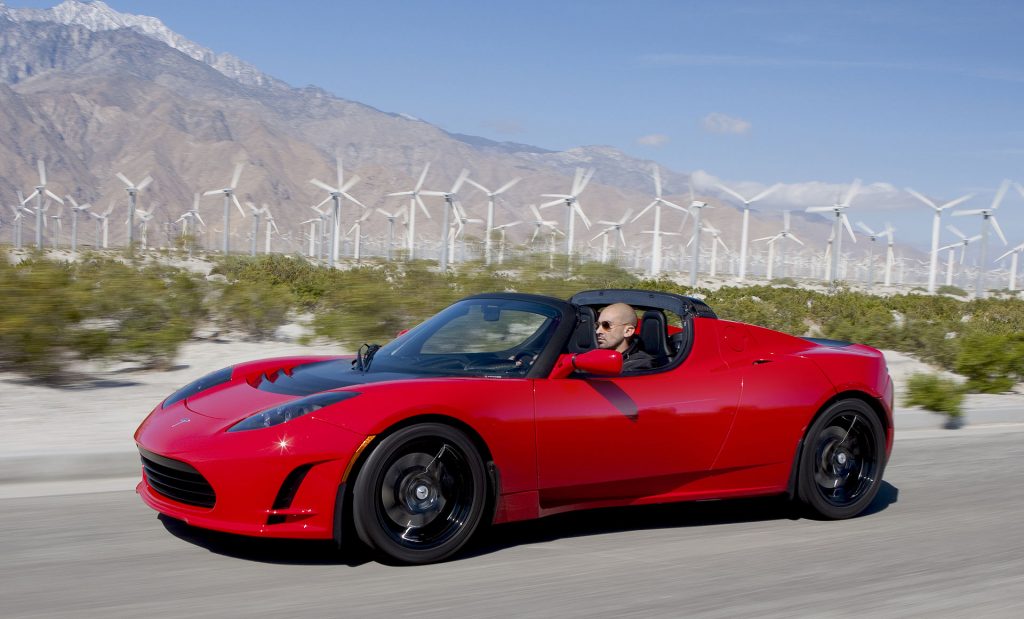
Although the car world noticed the ”zero emissions” sports car. It was received, with judgment and doubts with most users noticing a clanky gearbox amongst other things and limited battery life.
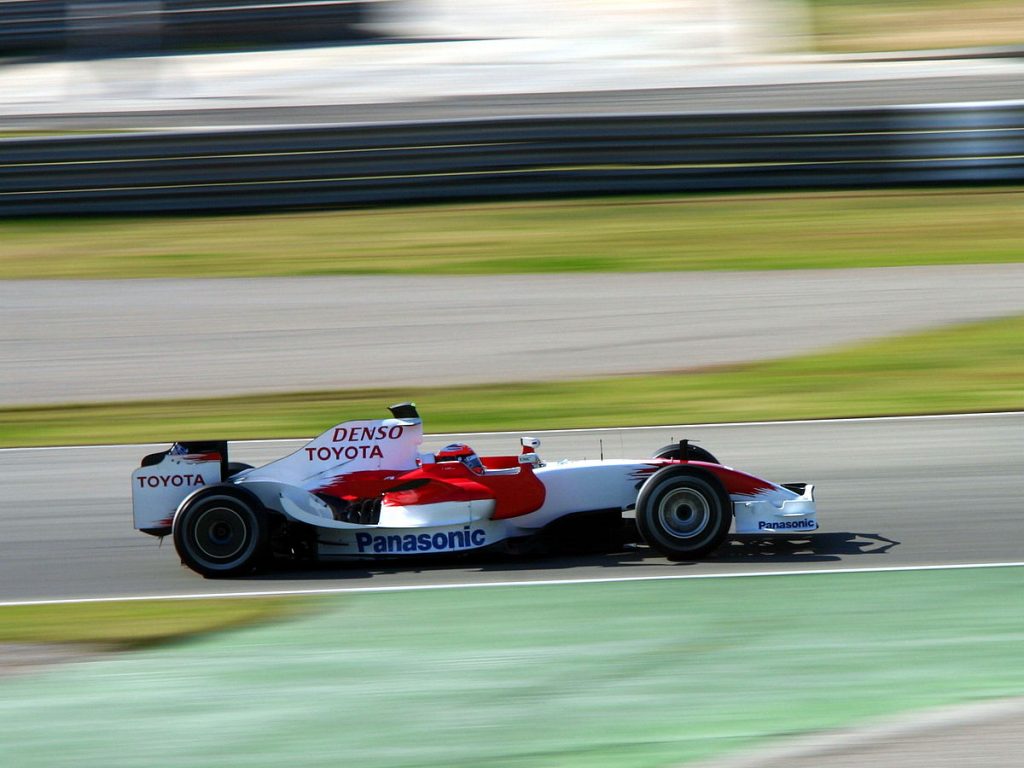
Sure it was a technological marvel but that didn’t stop car people from going to cherishing the new GTR and turning on the telly to watch F1 with the lovely sounds of V8 NA screamers. Remember the good old days?
How is 2022 going for us?
Well after a couple of economic recessions, a pandemic, and a 15-year-old brat Swedish girl screaming “how dare you” at people. We ended up with the GTR being forced out of production, Porsche looking for smart fuels so they can keep producing amazing flat sixes. And our Beloved F1 uses 1.5 L turbo V6 hybrid engines. (Sh*t pretty much hit the fan one could say)
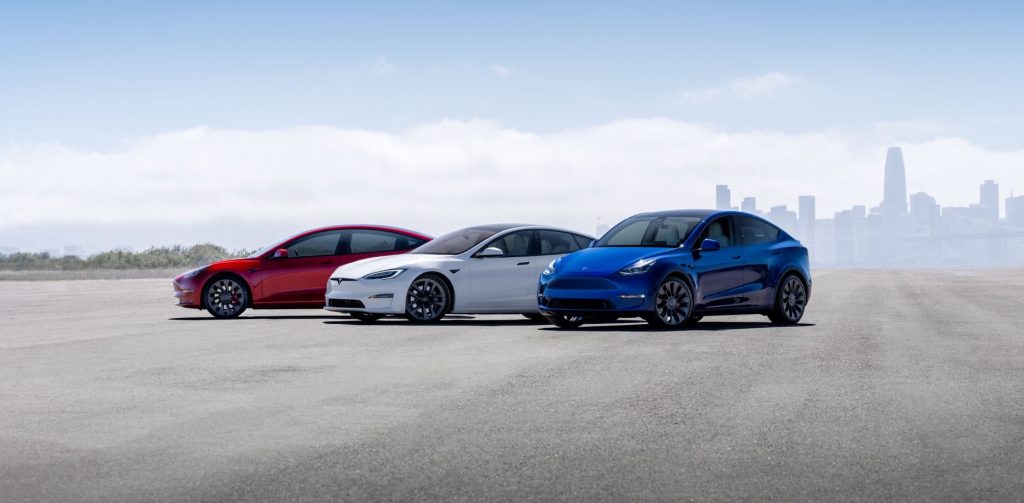
Now, remember that little Tesla company that I spoke about earlier? Well, they went on to become the most valuable auto-maker of our times and produce decent EV cars. One thing that they did not fix was the range and charging times issue.
Enter Hydrogen powered vehicles.
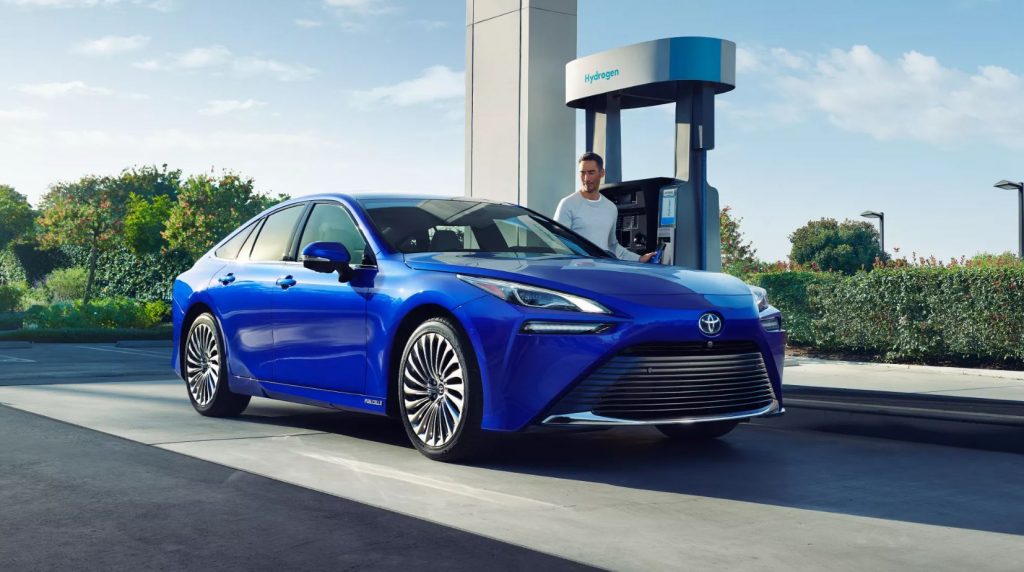
Hydrogen-powered vehicles are again something new as EVs were. And again the world tends to overlook them. (We are a stubborn species) Such as the amazing Toyota Mirai which offers over 500km of range with a 10-minute charge.
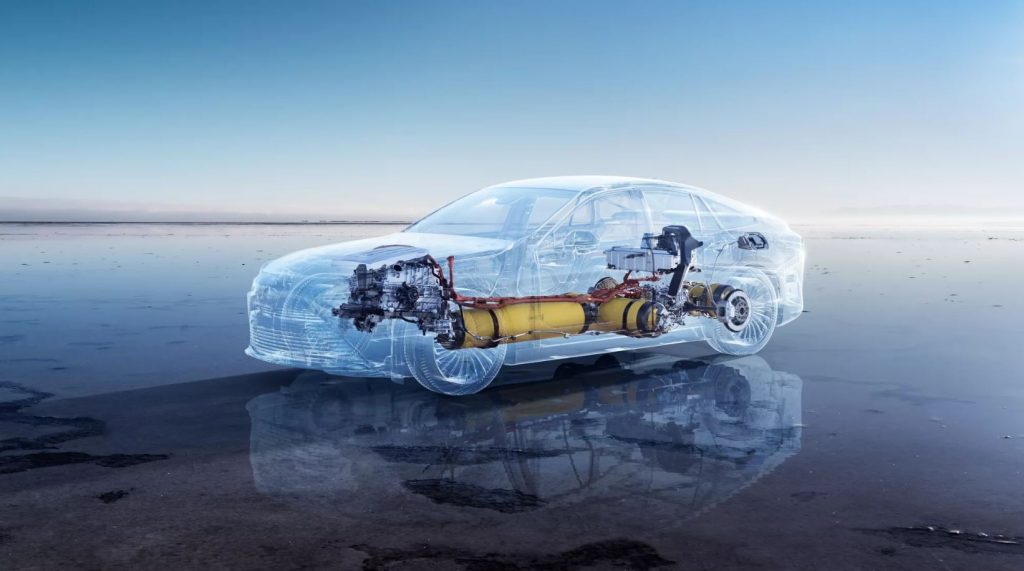
What on earth is Hydrogen and how does it move a car you may ask?
For the love of keeping this article short, since Millenials can’t pay attention more time than a TikTok.
Here is a 10-second explanation :
Fuel cell cars are powered by compressed hydrogen gas that feeds into an onboard fuel cell “stack” that doesn’t burn the gas, but instead transforms the fuel’s chemical energy into electrical energy. This electricity then powers the car’s electric motors. Tailpipe emissions are zero, and the only waste produced is pure water.
Can this science lab on wheels power a sports car?
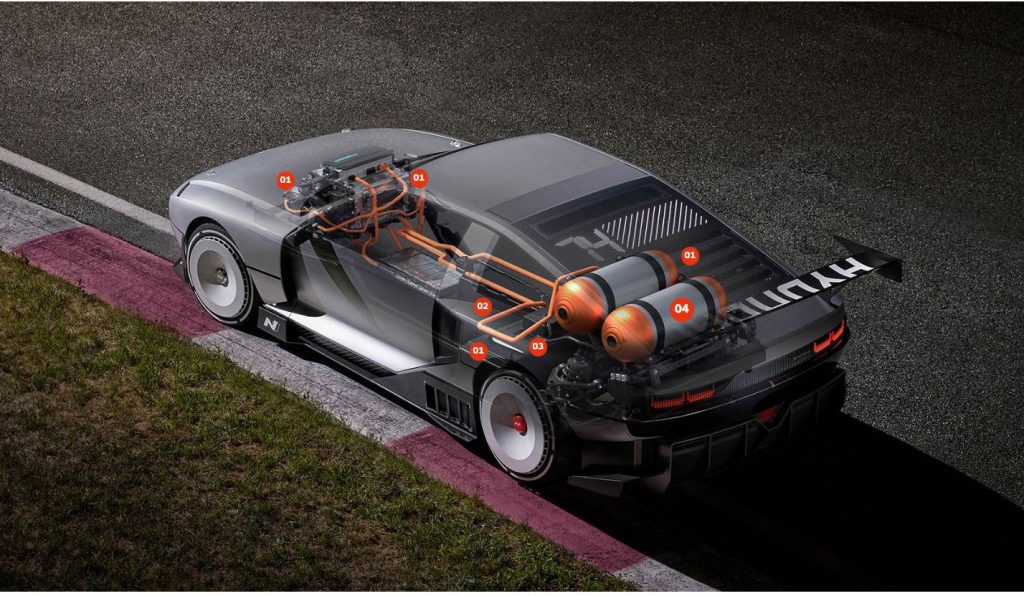
Although Toyota’s example proved that it can be an excellent daily driver, a certain Korean auto-maker recently released a prototype that left that broke the internet. The Hyundai N vision 74 is a hydrogen fuel cell sports car that not only fixes the range issue. it claims some serious firepower.
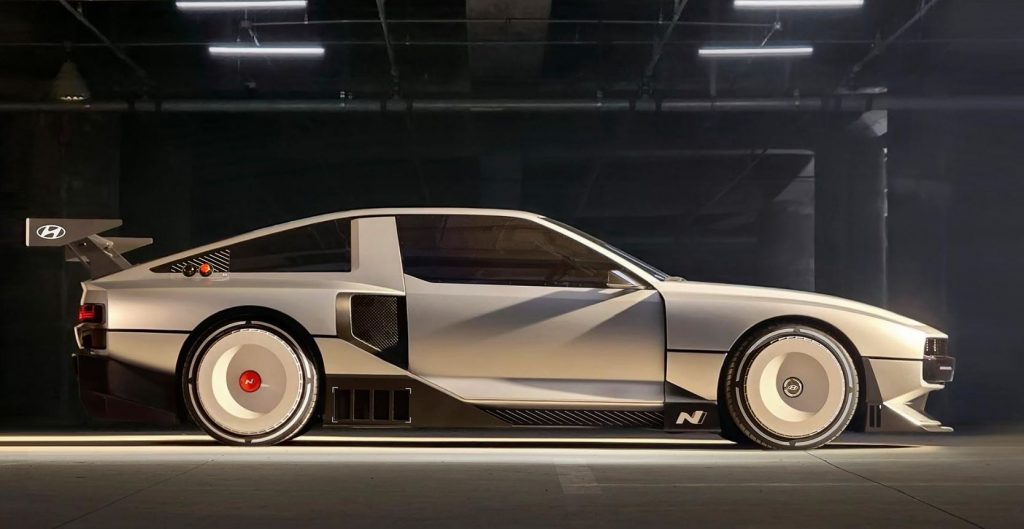
I mean the kind of firepower that you take in an effort to dominate the Ring. Hyundai claims over 670 hp and over 900nm (91kg) of torque at the rear wheels. This is mind-blowing considering it will also have instant acceleration thanks to the electric motors.
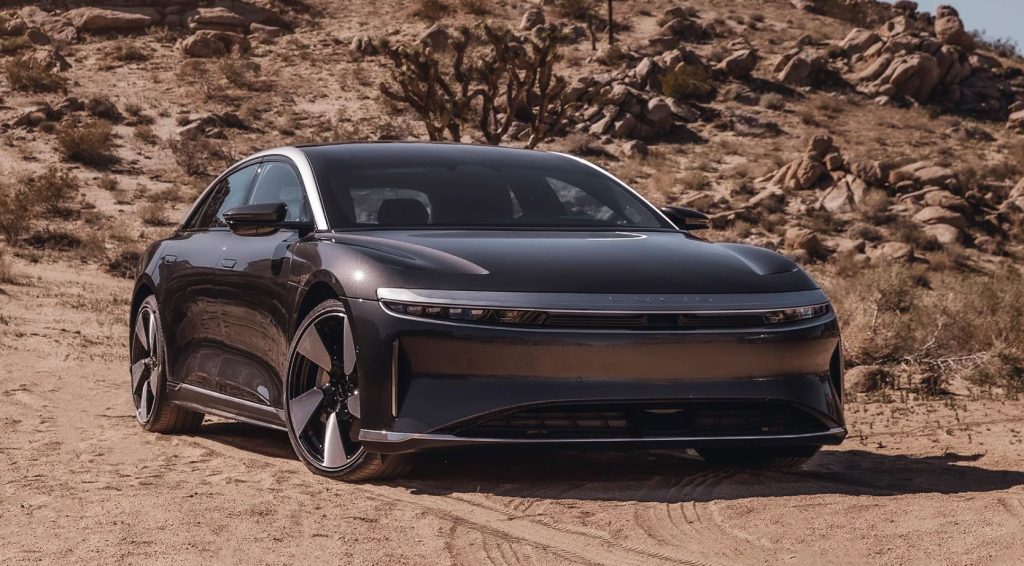
The numbers of EV cars are maybe more impressive such as the Lucid-air GT performance or Tesla performance. But drive them to the limit and see the battery range absolutely plummet. Having to spend at least 20-30 minutes at a pump just to get home doesn’t sound like a lot of fun.
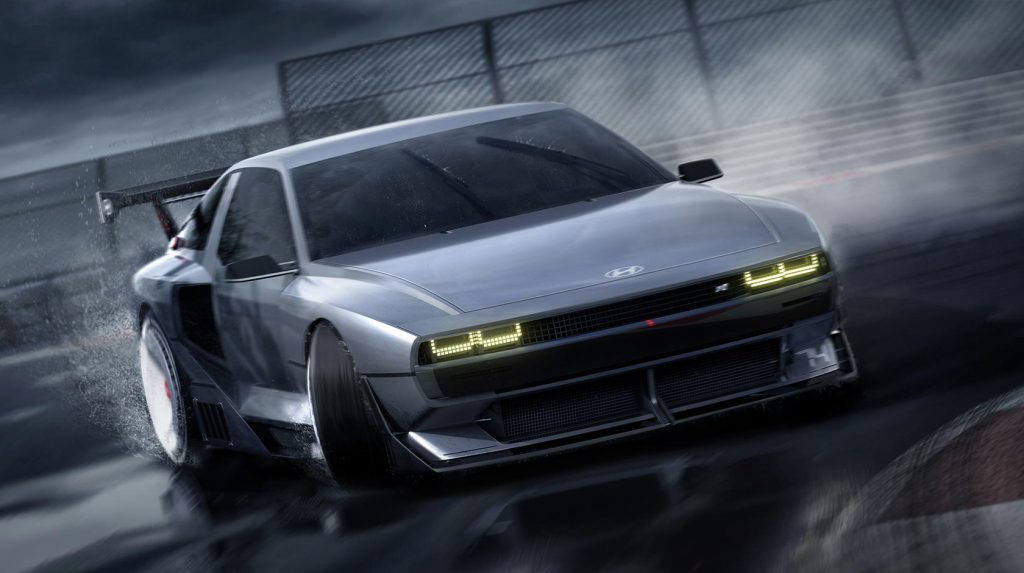
But having to spend only 5 minutes to gain over 600km of range now is something I can live with. So for a sports car, I would prefer a hydrogen power plant that a fully electric one.
So can they exist?
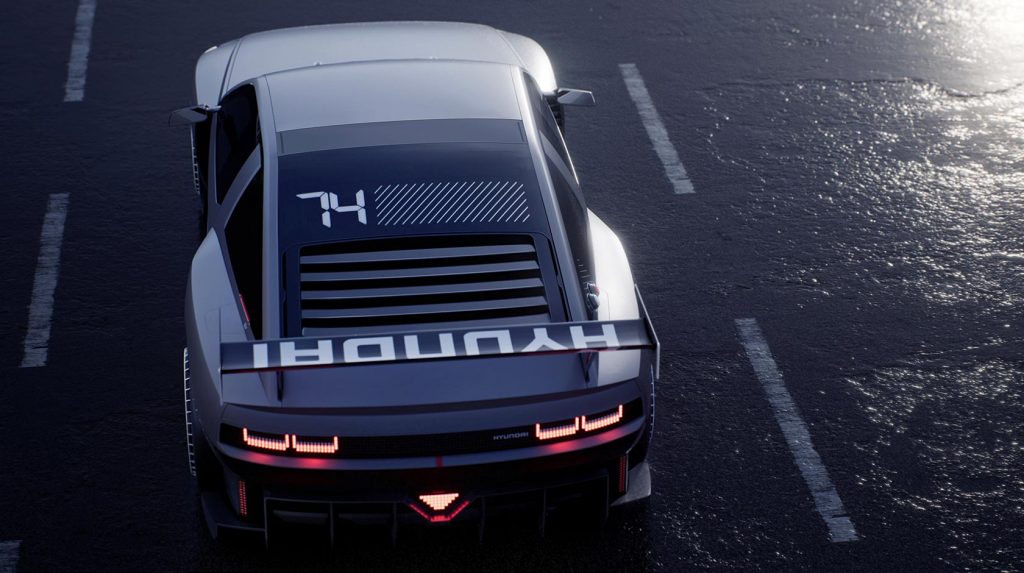
In a word: yes! but will they be any good? or just another disappointing attempt such as the Tesla roadster? Off the paper and into the real world one must consider vehicle dynamics and handling characteristics. Now, battery electric vehicles have the benefit of floor-mounted batteries keeping the center of mass as low as possible. Masking the weight of the car.
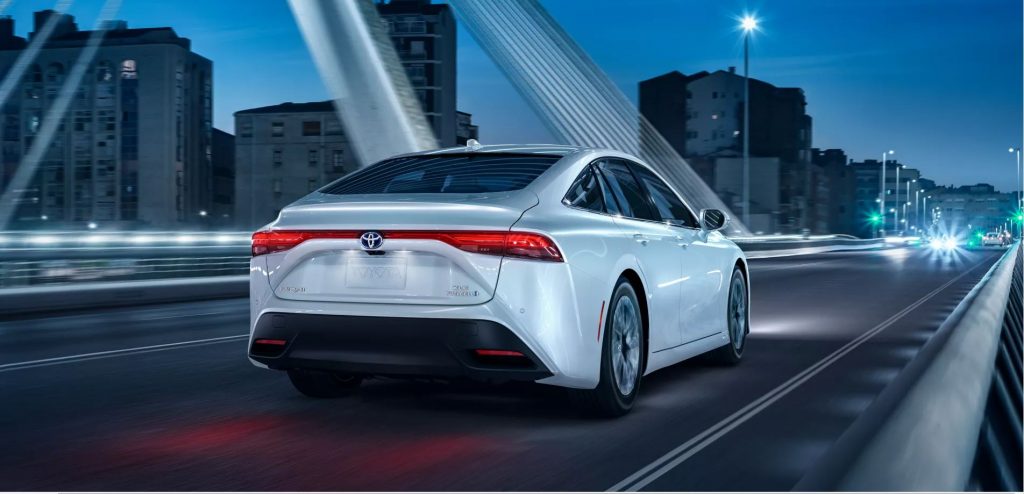
Furthermore, weight is another important factor, whereas no official figures exist for the Hyundai yet, the current Mirai weighs almost 2 tons which is fair for a car the size of an S-class or a 5 series, but how athletic can it get while carrying hydrogen tanks, fuel cells, batteries, and motors?
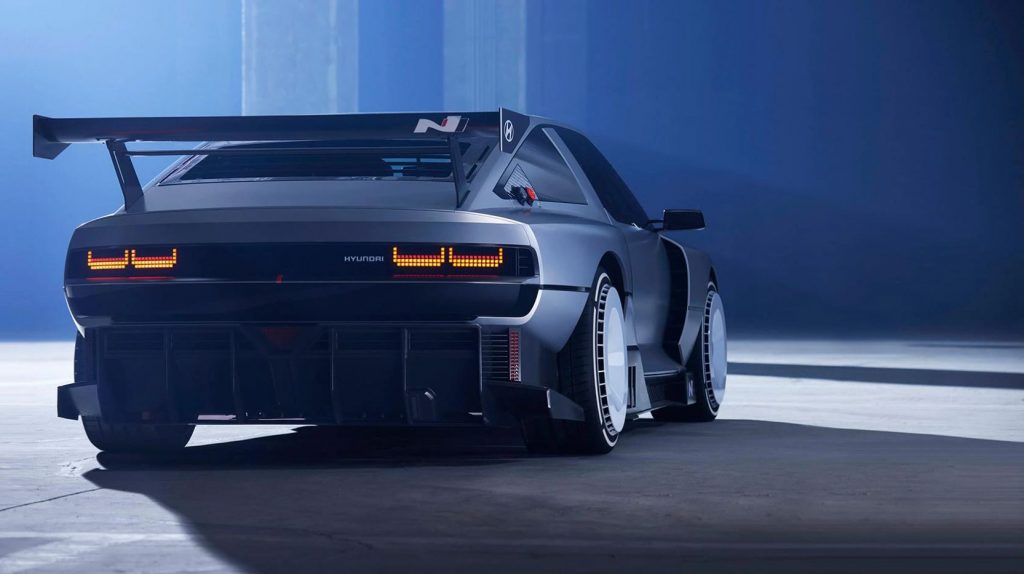
We are eager to find out but unfortunately because despite how cool the Hyundai N74 looks with its 80s retro styling, people will be afraid to try something new as with the EV vehicles back in the day. Plus governments lack the infrastructure for Hydrogen refueling which cost a lot more than a recharge station.
We will see how this article ages in 10 years.
Words: Odisseas Sophocleous
BEng Motorsport engineering.

